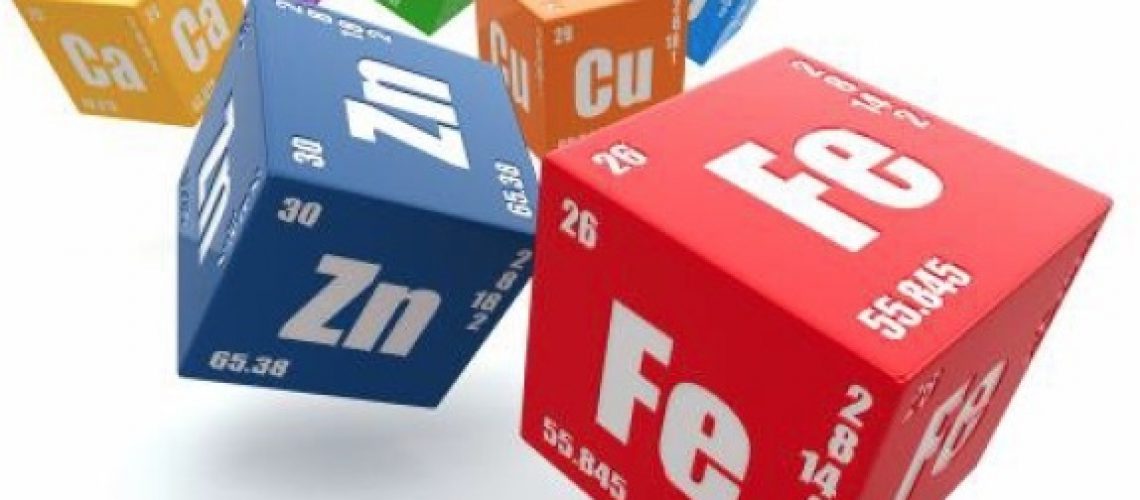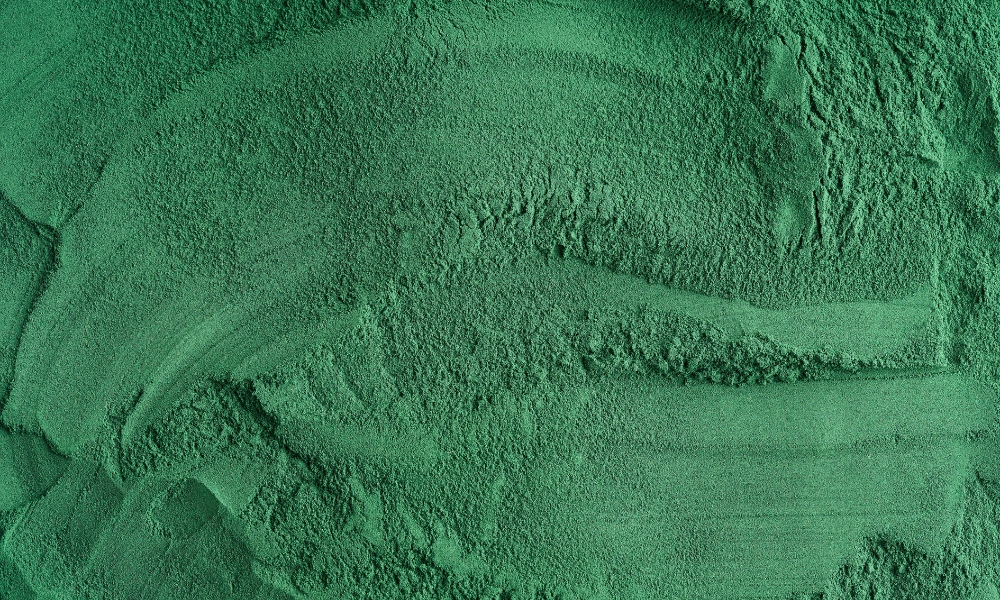Made with under the sun daily.
Made with under the sun daily.

Iron deficiency anaemia is a prevalent type of anaemia. Taking spirulina for iron can help the deficiency and help the red blood cells in the body attach to oxygen and carry it to the body’s tissues.
When you have anaemia, your body doesn’t produce enough healthy red blood cells to supply your tissues with enough oxygen. As such, being anemic, or having low haemoglobin, can make you feel exhausted and frail.
In short, anaemia is a deficiency illness that affects all of the body’s organs. Because of this, even if this condition does not have severe symptoms as an underlying disease would, it is crucial to treat it.
Even if the level of haemoglobin is not examined within the blood in a laboratory, a general feeling of weakness in the entire body daily might be a good indicator. Blood is already in dangerously poor condition when the skin starts to appear pale yellow. Therefore, more severe internal damage may have taken place by the time anaemia manifests its apparent signs.
Every cell in the body receives oxygen from the blood. The protein found on the surface of red blood cells called haemoglobin is actually what binds oxygen in the blood. We, therefore, discuss anaemia when their numbers decline.
Spirulina has been around in awareness since the 1970s. It is extensively researched and proven to be a food-based treatment and not a man-made synthetic pill. Spirulina for iron deficiency has been utilized well on many anemic patients.
With just 6-10 grams of spirulina per day, you can get five times the amount of vitamin B-12, four times the amount of vitamin A, and 80% of the iron you need. Additionally, it has all the folic acid that is needed to treat an anemic individual, but not enough. However, adding folic acid to a diet can fight anaemia spectacularly in a matter of weeks.
Spirulina is a nutrient-rich superfood that can increase your iron intake and help maintain a healthy diet. It’s packed with vitamins, minerals, and proteins, making it a great choice for those looking for an easy and natural way to boost their iron levels. Learn how to incorporate spirulina into your diet to take advantage of its health benefits!
You must consume 10 grams daily. The best way to consume spirulina is to mix it with water and then drink it. I advise spirulina tablets for individuals who dislike the flavour. Start with 2-3 grams per day and work your way up to 10 grams over a week.
Spirulina serves as an incredibly rich source of iron, at least four times the amount found in normal foods. Other vitamins and minerals in spirulina include Vitamin A, beta-carotene, B Vitamins, zinc, selenium, magnesium and phosphorus – all essential for optimal health. Not only that, but spirulina is also high in protein content which has been shown to assist with healthy muscle development and tissue repair.
Loaded with iron and protein, spirulina helps increase blood oxygen levels. To get the most out of its iron benefits, it is important to include other protein sources in your diet since they play an integral role in helping the body absorb iron. Lean meats like fish and chicken provide a great source of protein that you can combine with spirulina to give your nutrition and iron intake a boost.
You should always make sure you’re buying the highest quality spirulina products available. This means that you should pick organic-grown spirulina, non-GMO varieties whenever possible, as these will typically be the purest and healthiest options. Additionally, be sure to buy from trusted suppliers and check for third-party certifications such as USDA organic or Non-GMO Project verified to ensure that your product has been tested for purity.
Whether you want to use spirulina as an occasional dietary supplement or a long-term solution to boost your iron levels, it is recommended to consult with your healthcare provider before deciding how to move forward. Your doctor can provide advice and recommendations on how to safely incorporate and monitor the usage of the supplement to reach positive results. Additionally, they can help detect any possible pre-existing conditions or allergies that prevent you from using this product safely.
Loaded with iron and protein, spirulina helps increase blood oxygen levels. To get the most out of its iron benefits, it is important to include other protein sources in your diet since they play an integral role in helping the body absorb iron. Lean meats like fish and chicken provide a great source of protein that you can combine with spirulina to give your nutrition and iron intake a boost.
Karkos, P.D., Leong, S.C., Karkos, C.D., Sivaji, N. and Assimakopoulos, D.A. (2011). Spirulinain Clinical Practice: Evidence-Based Human Applications. Evidence-Based Complementary and Alternative Medicine, [online] 2011, pp.1–4. doi:10.1093/ecam/nen058.

Founded in Southeast QLD and located on Certified Organic farmland, we are an Australian-made Fresh Spirulina commercial farm. We are subject to the Australia New Zealand Food Standards Code and produce fresh Spirulina using food-grade nutrients only, pay attention to the freshness and health of our spirulina.
You can visit us at our social media pages at facebook.com & instagram.com


Would you like to be notified when we start?



Thanks! You're on the list.
It's safe to close this popup now.